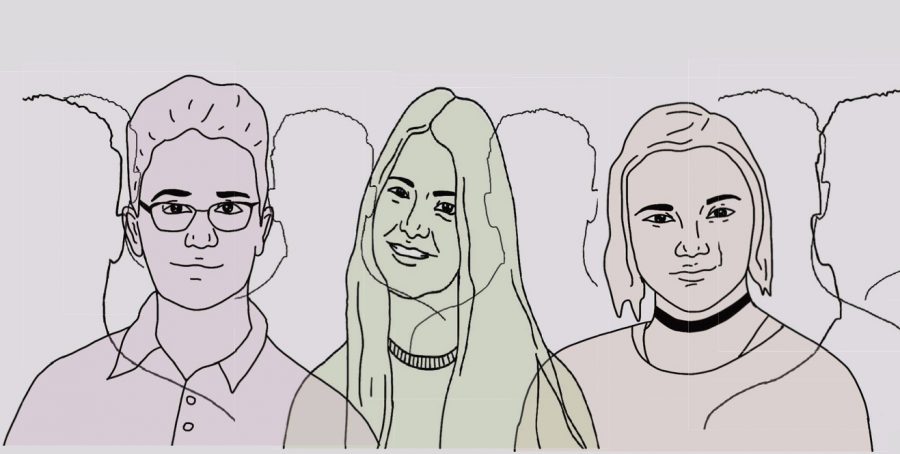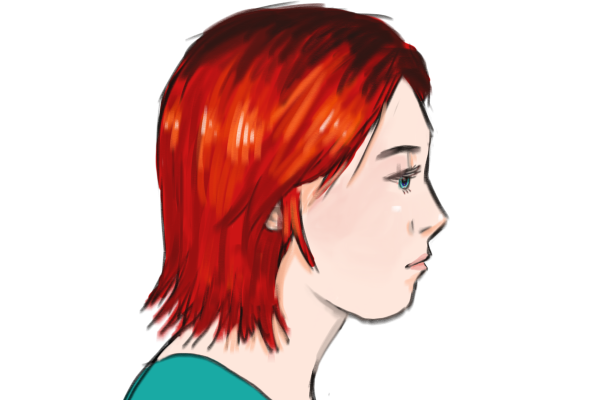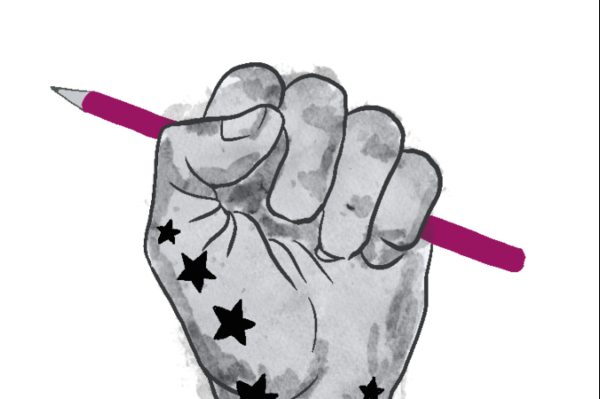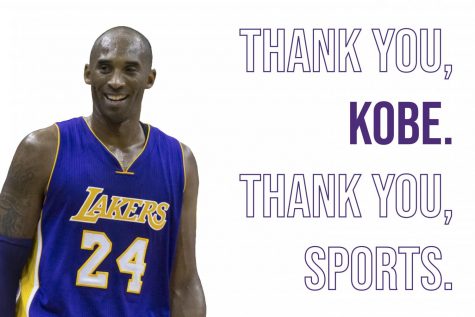The Brain Issue: Creators in a crowd
“Of course [people have been mean to me],” Jack Baranski, sophomore, said. “I don’t remember their names though. History forgets those who were judgmental of others’ creativity.”
“Of course [people have been mean to me],” Jack Baranski, sophomore, said. “I don’t remember their names though. History forgets those who were judgmental of others’ creativity.”
You might recognize Baranski as the tracksuit kid. Or maybe as the kid who sports a black faux fur hat with the accordian. But Baranski said he feels comfortable with his self-described chaotic, yet fashionable style.
For Sarah Doherty, senior, starting the school year as the new kid made her conscious of her style among her new set of peers.
“I came into Kirkwood wondering what people wore and asking my friends,” Doherty said. “Then I got here and realized I missed my style.”
According to the Clinical Child Family Psychology Review, conformism is wired into our DNA from our primal urge to fit in to our surroundings to survive. Conformism goes beyond whether or not people wear that infamous baby blue hoodie or expensive athleisure fit.
According to “Current Biology,” a scientific journal, changing your thoughts to match the majority happens in the brain’s lateral orbitofrontal cortex (LOC). The LOC lights up on brain scans when scientists asked subjects their music preferences after hearing their peers’ preferences. But what about the creators in the crowd?
For Anna Wells, senior, her individuality sprouted from depression she experienced her sophomore and junior year. Her low moments made her wonder why she cared about others’ opinions about her.
“I used to struggle from some really bad self-hatred,” Anna said. “And then I [thought] if everyone is suffering the same way, why not do what I want?”
For Anna, sadness stirred her creativity. But for most of us, following our parents’ course is inevitable, according to the National Center for Biotechnology Information (NCBI).
According to Robin Wells, Anna’s older sister and 2012 alumni, Anna’s creativity stems from large age gaps between the Wells siblings.
“Instead of having two parents, she had five,” Robin said. “Five different people helping guide her and strengthen who she is at her core. [Telling her] don’t let anybody get you down.”
Robin confirmed what NCBI reported to be true. Less strict parents tend to raise more creative children, while strict parenting styles enforce the importance of rule-following.
“There are a lot of cookie cutter families,” Robin said. “I don’t know if that will ever leave Kirkwood. People haven’t had the strength to be who they are, they fear they won’t be accepted. I 100% think there is a conformist culture at Kirkwood.”
Robin compared her experience at KHS to the movie “Mean Girls.” She said that she still feels the judgement her peers casted on her four years after the cap and gown.
“I could tell [my friends] had that burden of being judged. If you didn’t fit in, you were just an outcast. And I was absolutely an outcast.”
Your donation will support the student journalists of Kirkwood High School. Your contribution will allow us to purchase equipment and cover our annual website hosting costs.

Interests: Dancing for poms, writing for The Kirkwood Call, baking, reading + caving to my shopping addiction.
Favorite musical artist: J. Cole.
Favorite...

Interests: Running, drawing, governing + watching parks and rec.
Favorite musical artist: Cage The Elephant.
Favorite quote: "I couldn’t think...





















